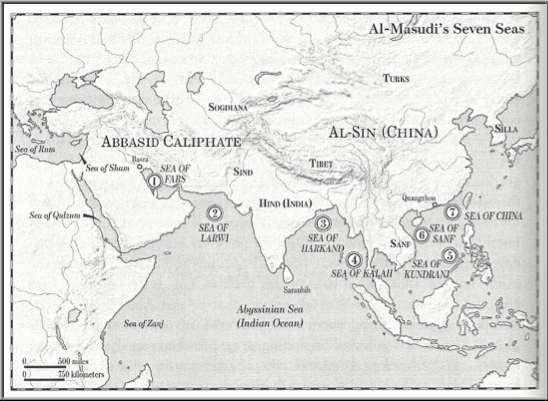
The Aloes of Es-Sinf (الصنف) | Agarwood History
Did you know that the Aloes of Es-Sinf (الصنف) were very popular among the Arabs? Learn about it here..
In the medieval period, Sinfi aloes (also known as Sanfi aloes) were very popular in the lands of Arabs and it came from the place called Es-Sinf /Es-Sanf(الصنف). Sinf is identified with Champa which was a collection of independent polities that extended across the coast of what is today central and southern Vietnam. Some of the historians mention the Sinfi aloes with great fondness like for example Ya‘qubi (9th century Geographer) refers to few traders who hold that ‘Sanfi aloe is better than Qaqulli aloe, and it has more delicious fragrance, clinging and safe from attracting others by its odor’. And likewise Ibn Khurdzbeh (9th century, Persian Geographer) ranks it high ‘for it sinks in water because it is good and heavy.’
Al-Masudi mentions about Es-Sinf and its resources in his book Entitled Meadows of Gold and Mines of Gems
“This sea begins from el-Basrah and el-Obollah, and extends along el-Bahrain from the sea-marks of el- Basrah. Then comes the sea of Ladiwa (of the Lacadives): on this sea Safura, Subarah, Tanah, Sindabur, Kanbayat, and other places of India and es-Sind, are situated. Then comes the sea of Harkand; then the sea of Kalah, which is also spelt Kolah, and of the islands; then the sea of Kundranj then the sea of es-Sinf, from which the Sinfi aloes has its name; for it comes from thence; then the sea of China, which is the sea of Saihu; and there is no sea beyond it.”

(The seven seas described by Al-Mas’udi in his Meadows of Gold and Mines of Gems ca. 947) image source: http://cartographic-images.net
Al Masudi continues
“Next follows the sea of es-Sinf (الصنف), according to the division which we have just made. In this sea are the dominions of the Maharaj, the king of the islands. The population and number of the troops of his kingdom cannot be counted; and the islands under his sceptre are so numerous, that the most fast sailing vessel is not able to go round them in two years. This king is in possession of several kinds of spices and perfumes; and no kingdom has more natural resources, nor more articles for exportation, than this. Among these are camphor, aloes, gillyflowers, sandalwood, betelnuts, mace, cardamoms, cubebs, and the like. The limits of this sea, which extends from these islands towards the sea of China, are not known, and its extent is unexplored.”
Likewise Ibn Muhalhal (10th century) also reported sanfi aloes originating from the city called Sanf which is at the foot of mount Kāfūr
Leave a comment
Also in Historical Accounts of Oud

The Story of Aloeswood of Ubayd-Allah | A Short Anecdote from History

Agarwood in Various Religions
Agarwood in Various Religions - Agarwood is highly revered in the seminal texts of Hinduism, Christianity, Buddhism, and Islam.




Yawar Saeed
Author
The visionary founder behind Indicana Oud, your premier destination for authentic oud products. With a deep-rooted love for oud and a commitment to authenticity, Yawar's mission goes beyond business; he seeks to enlighten and educate others about the multifaceted aspects of agarwood